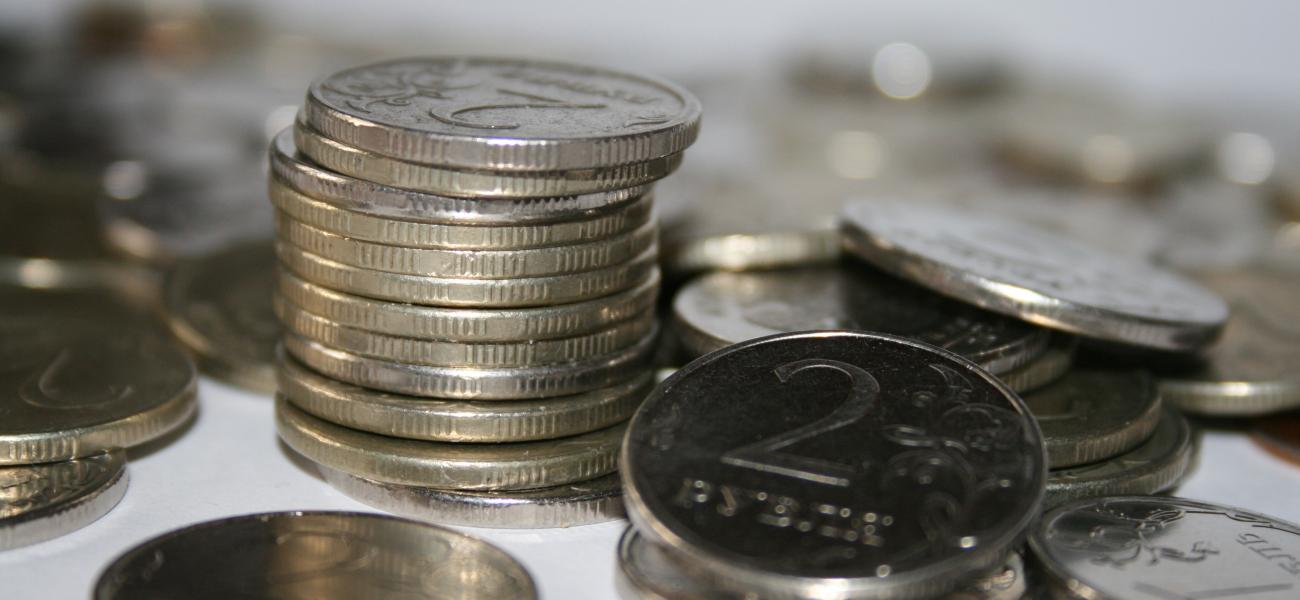
Russia's Medium-Term Economic Prospects
This report originally appeared on the RAND Corporation website.
Russia enjoyed a decade of rapid economic growth between 1999 and 2008. Following a recession in 2009, Russia recovered slowly until the end of 2014. In 2015, Russia fell into another downturn, primarily caused by the sharp fall in the price of oil; the ensuing depreciation of the ruble and corresponding increases in inflation; rising policy barriers to private economic activity; a loss of investor confidence stemming from Putin's economic, political and foreign policies and Western sanctions on key parts of the Russian financial and energy sectors. This report takes stock of the medium-term outlook for the Russian economy. It finds that, without major policy changes, the Russian economy will grow slowly in the medium term, even if world market prices for oil rebound sharply by the end of the decade. However, there is much that the Russian government could do internally to accelerate growth. A combination of an aggressive program to privatize state-owned assets, clamping down on corruption and improving the business environment should accelerate growth in total factor productivity.
Key Findings
Petroleum was Important but Not the Only Factor in Russia's Economic Growth Between 1999 and 2008
- One of the hallmarks of Russia's growth was the boom in oil and gas exports.
- However, the most dynamic sectors of the Russian economy were construction, retail and wholesale trade and transport and telecommunications.
- Market disciplines and private sector expansion massively improved the efficiency with which capital and other resources were used.
A Variety of Factors Fed Into the Current Russian Recession
- With the recent fall in oil prices, Russia's terms of trade have deteriorated.
- A variety of structural barriers severely impede the increases in productivity needed to drive growth.
- State control of the economy, including renationalization of business, has increased.
- Corruption and other factors have made the business environment increasingly inhospitable.
- Western sanctions, among other things, have reduced investor confidence and increased the cost of capital.
- The size of the labor force has declined.
A Modest Uptick Might Occur in 2016, but Growth Will Require Addressing the Factors That Led to the Recession
- Without major policy changes, the Russian economy will grow slowly in the medium term, even if world market prices for oil rebound sharply.
- An aggressive program to privatize state-owned assets, clamp down on corruption, and improve the business environment should lead to substantially higher rates of growth.
- Fully implementing the Minsk accords regarding eastern Ukraine, with a resulting elimination of many Western sanctions, could also boost GDP growth.
- More welcoming immigration policies would also boost growth by offsetting the declining workforce.
Keith Crane
Keith Crane is the director of the Environment, Energy and Economic Development Program at the RAND Corporation.
Shanthi Nataraj
Shanthi Nataraj is an economist at the RAND Corporation and a professor at the Pardee RAND Graduate School.
Patrick B. Johnston
Patrick B. Johnston is a political scientist at the RAND Corporation.
Gursel Rafig oglu Aliyev
Gursel Rafig oglu Aliyev is a Ph.D. candidate at the Pardee RAND Graduate School and an assistant policy analyst at the RAND Corporation.
